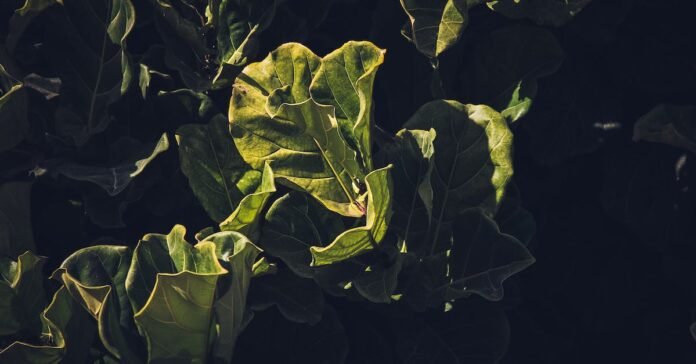A lot of people who garden tend to stay away from the organic stuff because they’re afraid that bugs and disease will plague their crops. Relax. It’s not 1460 anymore. You simply do not need those added substances to make your garden grow vibrant and safely. Take a few minutes to read these organic gardening tips and find out how to grow plants naturally.
Make gardening efficient. If it takes you thirty minutes to find a needed tool, then you are doing something wrong. By keeping your tools in a certain area, they will always be ready whenever you are. Even something like a carpenter’s tool belt or some cargo jeans work well to keep tools organized.
Encourage toads to take up residence in your organic garden. Toads are a natural predator of many of the pesky bugs that will eat and destroy your crops. Create makeshift toad houses out of overturned broken clay pots and keep soil nice and moist to make it conducive to amphibian life.
A great tip when starting your own organic garden is to sprinkle milled sphagnum moss on your seeds in order to prevent damping-off. Damping-off is a fungal disease that will cause your seeds and seedlings to rot. If your seeds need light, you should sprinkle this moss before dropping your seeds in the moss.
If you plan on beginning an organic gardener, a great tip is to make you cover your seeds with glass or a plastic wrap. This is needed so that your seeds will stay warm because most seeds need a temperature of around 70 degrees Fahrenheit in order to properly germinate.
A quick way to create a perennial garden is by cutting under the turf using a spade, turning it upside down, and covering the area with three to four inches of wood chips. After you have done this, wait a few weeks, and you will be able to cut into it and plant your new perennials.
Composting is a great way to fuel your garden. You can add pretty much anything, like grass clippings, shredded paper, coffee grounds, and much more. Basically, you can use anything that was living at one time (but try to avoid animal products). If you buy some worms and keep the compost bin in a warm, sunny place it will turn into perfectly dark and rich soil in no time.
Add vines to your landscape. You can get a wide range of plants that are vines. Some ornamental, and some fruit or vegetable varieties. Vines can grow up most fences or structures. Use them to create more interesting landscapes in your yard. Have them grow up an awning, and create shade for you.
For organic fertilizer to use around the plants in your garden and flower beds, start a compost bin made from all-organic material that would otherwise be wasted. Pitch in yard clippings, leaves, vegetable peelings, eggshells and coffee grounds, turning the contents of the bin often. In just a short time, you will have great material to mix with your soil that will provide nutrients and nourishment to your plants without added chemicals.
Fill your gardens with flowers. You shouldn’t spend too much time and energy planting annual types of flowers as they will only last one season. Keep these types in a limited area of your garden. For larger areas, go with perennials. That way you will have flowers again next year.
Use living matter to make the best compost. Though you may be tempted to start tossing everything into your compost pile, don’t do it. Remember your compost is not a trashcan. Put in plenty of grass clippings, fallen leaves, and kitchen garbage such as food scraps and old leftovers. This will make your compost process faster.
If you so choose to organic garden your trees, flowers, and shrubs, it is very important that you surround them with at least 2 to 3 inches of organic material. This will provide your plants with the organic nutrients that they need. As rain falls, it will release the nutrients to the plants.
Use a soaker hose to water your garden. A soaker hose allows the water to be absorbed directly in to the soil, rather than disbursed in to the air. This helps to conserve water, a valuable resource. Plant leaves also stay dry, which means you get to avoid pesky fungus problems.
While all kinds of gardening can help you feel more connected to the planet, gardening organically is especially good for this. Any form of gardening gives a basic outline for all others; teaching you the general methodology behind sewing, planting, and harvesting properly.
Now as you can plainly see from the tips above, you will not need those added substances to assist in growing any type of plant, whether it’s a flower or a tomato. All you need is the right knowledge to ensure that your plants are getting what they need to grow strong and healthy.


